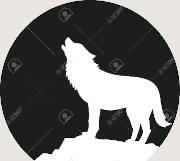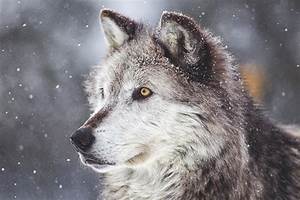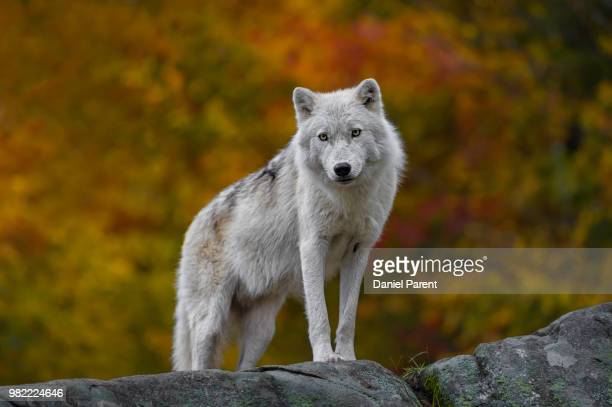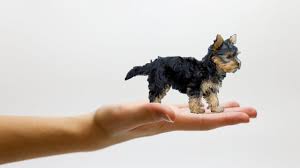

WHAT HAVE WE DONE?
Canis familiaris, the dog, is a direct descendent of Canis lupus, the gray wolf. The dogs we know and love, therefore, are domesticated wolves, believed by some to have first been domesticated some 130,000 years ago, although there appears no absolute consensus of opinion regarding exactly when the relationship between humans and wolves changed from one of fear to one of trust and companionship.

Many thousands of years of human intervention and selective breeding have resulted in the artificial evolution of dogs into the astonishing variety of dog types in existence today. Over the last 150 years, dog breeding has intensified in what is often called the ‘Victorian Explosion’, which is largely responsible for the emergence of over 400 distinct dog breeds.
While dogs were once bred for given purposes, such as hunting or herding, today public demand encourages breeders to breed for looks; shorter legs, little or no fur, shorter snouts, etc., or dogs that don’t need much exercise (because they can’t manage it, breeds like bulldogs). While appearing to have little in common, the poodle, Shih Tzu, Great Dane, Irish Wolfhound, Chihuahua, Rottweiler, shar-pei, pug, etc. etc., all share a common ancestor – the gray wolf – in what evolutionary anthropologist, Brian Hare, describes as ‘one of the most extraordinary events in human history’.
The creation of individual traits via selective interbreeding has serious downsides, such as loss of genetic diversity and critical medical conditions caused by genetic abnormalities, as disease-causing genes have become concentrated in certain breeds.
For example:
| Shih Tzu | – | retinal dysplasia |
| Siberian Husky | – | autoimmune disorders |
| Bulldogs | – | respiratory problems |
| Shar-pei | – | skin problems, eye problems, ear infections |
| Dachshund | – | intervertebral disc disease, hip dysplasia |
| German Shepherd | – | hip dysplasia, elbow dysplasia |
| Staff. Bull Terrier | – | hip dysplasia, allergies, skin conditions, certain cancers |
On a personal note, I love all dogs. But I particularly love to see happy, healthy dogs in loving homes. We’ve come to accept the health problems of specific breeds and breeders continue to breed them – because we ask them to!
A sick dog isn’t a happy dog, even if we think it looks cute or joke about its snoring (laboured breathing?). Many breeds have become so popular that they are mass produced in puppy farms or by thoughtless, even ‘reputable’ breeders and end up in shelters instead of the loving homes they deserve. Poor breeding practices using closed gene pools have profoundly detrimental effects, not only on dogs destined to endure a lifetime of discomfort, but on the emotional and financial wellbeing of their owners, often resulting in the abandonment or relinquishment of dogs.
The health of our dogs is more important, surely, than random standards of appearance.
What will it take for us to acknowledge just what we’ve done?


© 2021 Eileen Shaw
|
|
"We have left our baby mickey here twice in the last month. Absolutely amazing place to leave your pet, mickey was well cared for and in great shape when he returned home. We felt completely at ease in leaving him with Eileen and now feel confident when going away that he is safe and being looked after in such a caring and professional manner. We feel confident in recommending Bo's place to anyone who wants their dog looked after properly whilst on their holiday."
Ruth McVey - 9th July 2011
Read more... |
|
 |
|
 |
|






